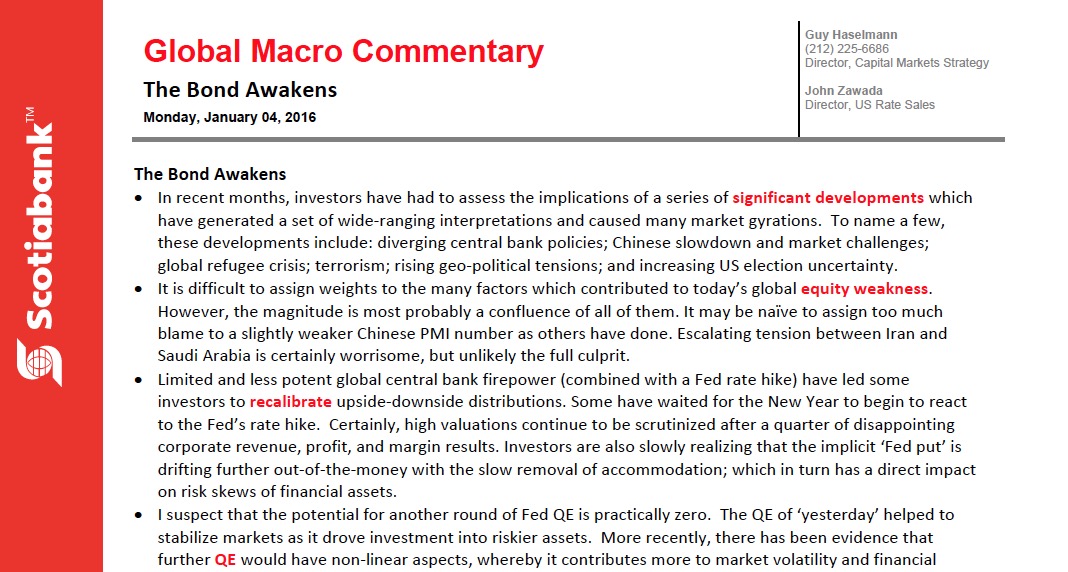 2016 will see the birth of the FinTech Megazord
2016 will see the birth of the FinTech Megazord
by Harry McLaughlin, Tridus.ca
It is that wonderful time of year where everyone dusts off their crystal ball and becomes Nostradamus in their respected fields. Not one to be left out, I figure it is time to throw my hat in the ring.
So what changes will 2016 usher in, and how will they affect the financial industry in Canada? Here are my 5 predictions:
- Credit cards are due for an update. In Canada we will see the release of some pretty neat players offering a new take on the traditional credit card. Koho, a Vancouver based company, will release their card which allows you to set daily spending limits, cleans up your digital experience, lets you automatically set aside money for things you want to save for, along with other neat features, and all for no fee. Another Canadian company called Mogo (FinTech loves the letter “O”), will also be offering something similar. South of the boarder innovators such as Plastc are reinventing the credit card itself, allowing you to combine many cards onto one and is set to launch their card in April. Your wallet will never be the same again.
- Equity Crowdfunding will get talked about and will help launch some great companies. Imagine investing in Facebook while Mark Zuckerberg was still at Harvard. With recent industry changes, for as little as $500 pretty much anyone in Canada can now become an “Angel Investor”. FrontFundr appears to be leading the way and is currently listing a neat company called Boatwyze (think AirBnB for boats). This type of funding will only grow and become more legitimate as time goes on and will not only allow the average person to invest in early stage companies, but will allow early stage companies access to a new pools of capital. To stay updated on this exciting new field, I suggest you follow Oscar A. Jofrey Jr. as he knows the topic better than anyone I have yet met.
- Peer-2-peer lending will become a thing. Why go to your bank for a loan, when your business can get a loan from regular old Canadians? Lending Loop is doing just that by creating a lending marketplace where you can choose which companies you would like to lend money to, and then get paid interest on your loans. You benefit by knowing that you are supporting Canadian businesses that interest you, and you are cutting out traditional banks that take your savings and lend to whomever they feel like lending to. You are put back in the driver’s seat and getting paid more attractive returns to do it. You can do this for as little as $50 at a time.
- Robo Advisors will chip away at low touch Wealth Management; Full Service Wealth Management will start to see innovation. If you don’t need complicated advice or anything above basic financial planning, Robo Advisors such as WealthBar and WealthSimple are a legitimately good option. They can offer a very low fee (or no fee at WealthBar under $5,000), and can offer the basics in an easy to digest manner. Full Service Wealth Management (high level, high touch and multigenerational) has yet to see any major innovation, but I have an odd feeling that this is about to dramatically change as well (cough cough), as new entrants to the market get up and running.
- Lastly, we will see the birth of the “FinTech Megazord”. For everyone who is unfamiliar with the Power Rangers, think futuristic Ninjas that each have unique powers and command giant robots, but when you anger them enough their robots come together and transform into a giant mega robot who fights Godzilla sized villains. Naturally, this child’s show is the perfect example of what is going on in the financial industry in Canada right now. Currently there are a lot of innovators that have taken a piece of the large banks traditional business units and innovated on them: Personal & Commercial Banking (Koho, Mogo), Wealth Management (WealthBar, WealthSimple and hopefully Tridus), Borrowing and Lending (Lending Loop), Investor and Treasury Services (FrontFunr), Capital Markets (Cassia Research), and even Insurance (MetroMile (in the US) or TravelInsure) and this is just to mention a few. However, the innovators have remained relatively independent at this point. This is going to change however. FinTech innovators in Canada are already having dinners and conferences together and are looking around the room realizing that there are potential relationships, formal or otherwise, that could be highly mutually beneficial. Before long a FinTech Megazord will be conceived that can not only compete with individual segments of large Canadian Banks, but can compete with the whole thing. It will likely take years to grow into a true competitor, but the seeds will be sown in 2016.
***************************

Harry Royden McLaughlin is the founder and CEO of Tridus Wealth Solutions.
Follow him at: https://ca.linkedin.com/in/harryroy














